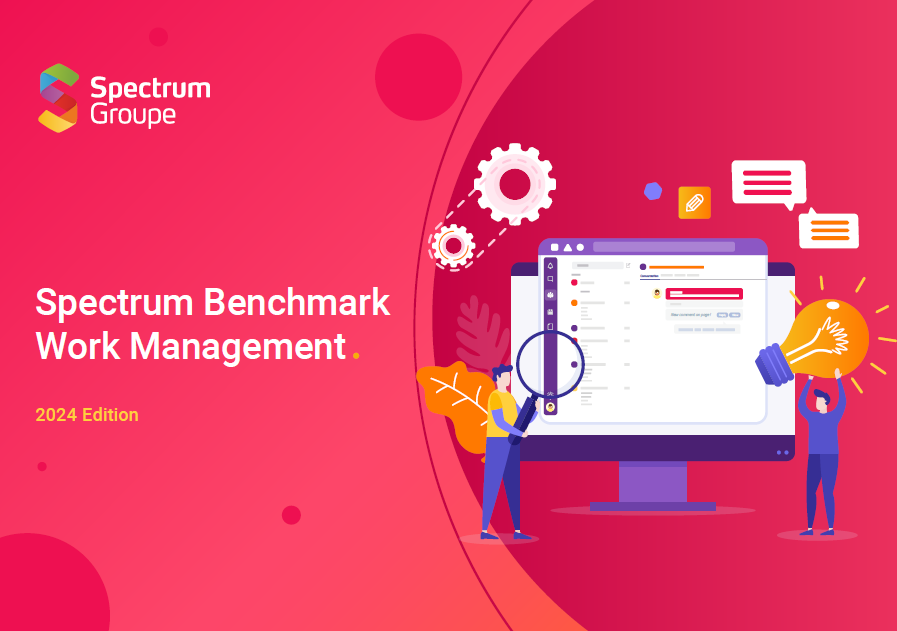Project-based working is becoming increasingly common in organisations. It’s a growing demand that is accentuated by tools that promote it through their increasingly present, accomplished and agile project management functionalities.
The rise of the KANBAN board

More than half of the solutions presented in our latest Spectrum Benchmark Work Management 2024 study are capable of supporting agile project management at the very least, particularly with Kanban. Their ability to support all collaborative uses makes them the solutions of choice for agile working in general. Indeed, collaborative uses such as conversation and knowledge management are at the heart of the agile manifesto, which deals with more than just the iterative side of working in project mode.
The development of agility and project-based working in organisations
As the market for collaborative tools matures, agility is slowly but surely taking root in organisations. More than just a fad, agility is a tried and tested way of working and collaborating that is gradually becoming the norm in organisations.
To take things further, specialist project management solutions (and a few generalists) can provide the tools for more advanced, more supervising agile practices. Other agile methods do exist.
Over and above agility, it is project-based working that is developing, with or without an agile approach. Most teams don’t want too precise a framework, and Kanban is well suited to this, but the method suffers from its permissiveness. Traditional project mode is increasingly in demand. The Spectrum Benchmark Work Management 2024 study also takes stock of this aspect.

To take Agile project work a step further, another software market is available. We present it in our latest Spectrum Benchmark Agile 2024 study.



